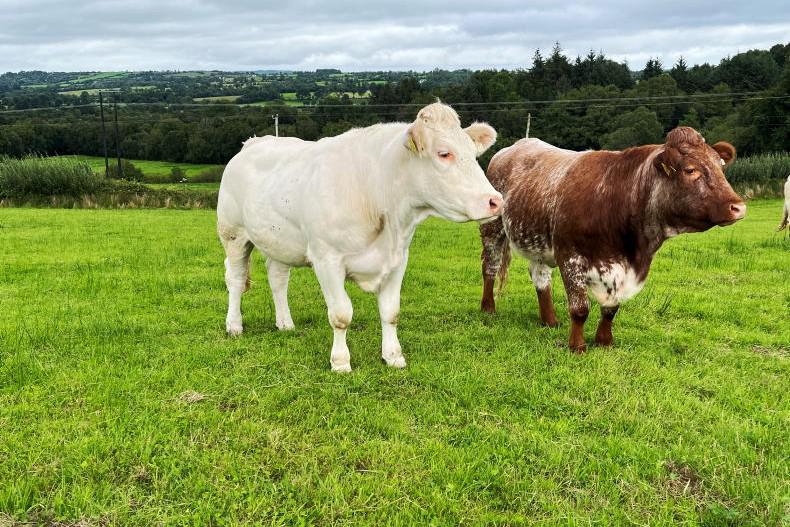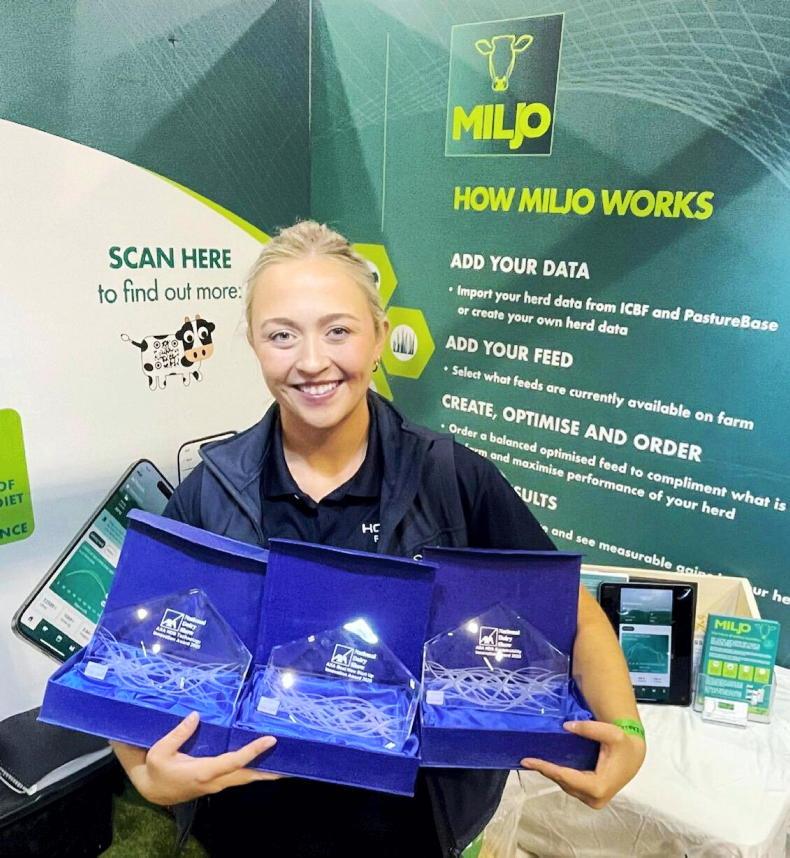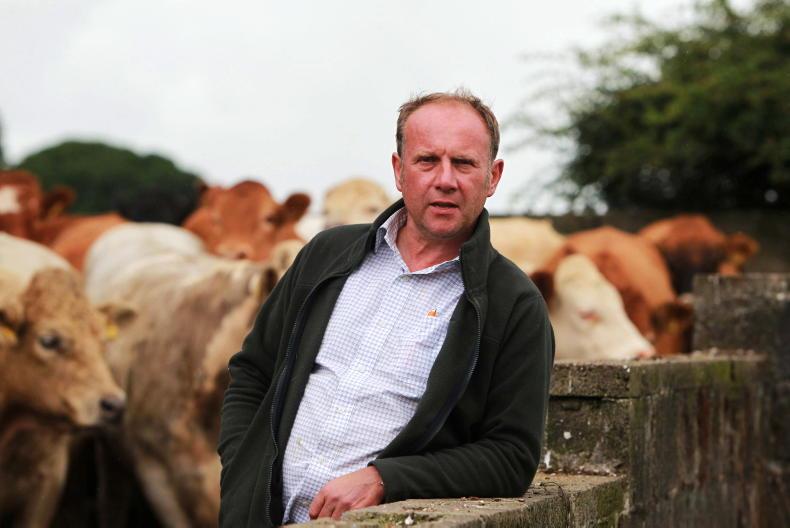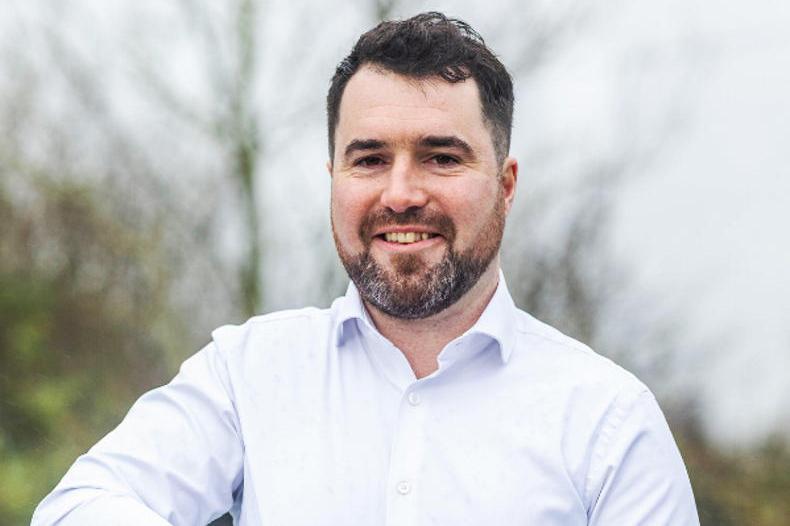The theme of Nuffield Ireland's annual conference, which took place on 12 November at Castleknock Hotel, was ‘Future trends in agri-food policy – how does the sector need to respond?'
The panellists were all in agreement that in order to achieve a climate-smart, environmentally sustainable agri-food sector, private funding for research and innovation will be needed.
Karina Pierce, associate professor of dairy production in UCD and Nuffield Scholar, said that in order to see the potential from research and innovation more cohesion, collaboration and better communication is needed to "allow science to be translated into strong business, strong policy and strong management decisions".
She recently completed a report which recommended the need for a National Agri-Food Research and Innovation Policy to address the challenges facing the industry in order to give direction to strategy and investment.
"Because of the scale of investment required, private sector funding is going to need to be involved. However, this involvement can threaten the perceived independence of the research so this must be addressed,” Pierce said.
Also speaking at the conference, Declan Kelleher, former permanent representative of Ireland to the EU, said: “There is an unbalanced narrative at play involving the demonisation of Irish agriculture, which is wrong and very unfortunate.”
Highlighting about the "unfair way" in which the agri-food sector is viewed by the public, Tom Arnold, chair of the European Commission’s high level expert group, which will assess the need for an International Platform for Food Systems Science, said: “I think there has been an excessive polarisation of opinion between the agricultural world and the environmental world that is unproductive. We need to get to the point where we have a much clearer sense of a common ground and to work to a programme to achieve that."
2020 Nuffield Scholar reports
The conference also heard the findings of the reports of the five returning 2020 Nuffield Scholars. The key recommendations from each of these reports were:
Kate Dempsey, founder of the Irish Mussel Seed Company (IMSC), the first fully licensed offshore mussel seed provider on the east coast, recommended better inclusion and fairer planning from marine spatial planning policymakers. This includes a bottom-up approach, integrating local perspectives with science and economic knowledge in order to vastly increase the overall success of a spatial plan. Dairy farmer Bruce Thompson from outside Portlaoise, Co Laois, recommended using dung beetles as an alternative to anthelmintics in order to provide a solution to anthelmintic resistance and its negative environmental impacts. You can read more about this topic here.Gareth Lamberton, a dairy farmer from Fahan in Co Donegal, recommends that farmers must re-engage in their communities. This can be encouraged by providing training for farm advisers to provide support and mental health advice, along with financial assistance in the areas of training, health and safety and knowledge transfer. Linda O’Neill, a Dungarvan-based dairy farmer, originally from Castletownbere in west Cork, has recommended that in order to attract younger entrants to the industry, we must enhance the promotion of farming as a career in schools and colleges, improve the role third level agricultural education plays in preparing students for farming as a career and encourage young people to travel to gain experience. Robbie Byrne, a farmer and soil nutrition expert from Irishtown in Co Louth recommended that regenerative agriculture is the way forward to ensure sustainability in Irish agriculture and that more focused research to support this must be carried out by relevant stakeholders.
The theme of Nuffield Ireland's annual conference, which took place on 12 November at Castleknock Hotel, was ‘Future trends in agri-food policy – how does the sector need to respond?'
The panellists were all in agreement that in order to achieve a climate-smart, environmentally sustainable agri-food sector, private funding for research and innovation will be needed.
Karina Pierce, associate professor of dairy production in UCD and Nuffield Scholar, said that in order to see the potential from research and innovation more cohesion, collaboration and better communication is needed to "allow science to be translated into strong business, strong policy and strong management decisions".
She recently completed a report which recommended the need for a National Agri-Food Research and Innovation Policy to address the challenges facing the industry in order to give direction to strategy and investment.
"Because of the scale of investment required, private sector funding is going to need to be involved. However, this involvement can threaten the perceived independence of the research so this must be addressed,” Pierce said.
Also speaking at the conference, Declan Kelleher, former permanent representative of Ireland to the EU, said: “There is an unbalanced narrative at play involving the demonisation of Irish agriculture, which is wrong and very unfortunate.”
Highlighting about the "unfair way" in which the agri-food sector is viewed by the public, Tom Arnold, chair of the European Commission’s high level expert group, which will assess the need for an International Platform for Food Systems Science, said: “I think there has been an excessive polarisation of opinion between the agricultural world and the environmental world that is unproductive. We need to get to the point where we have a much clearer sense of a common ground and to work to a programme to achieve that."
2020 Nuffield Scholar reports
The conference also heard the findings of the reports of the five returning 2020 Nuffield Scholars. The key recommendations from each of these reports were:
Kate Dempsey, founder of the Irish Mussel Seed Company (IMSC), the first fully licensed offshore mussel seed provider on the east coast, recommended better inclusion and fairer planning from marine spatial planning policymakers. This includes a bottom-up approach, integrating local perspectives with science and economic knowledge in order to vastly increase the overall success of a spatial plan. Dairy farmer Bruce Thompson from outside Portlaoise, Co Laois, recommended using dung beetles as an alternative to anthelmintics in order to provide a solution to anthelmintic resistance and its negative environmental impacts. You can read more about this topic here.Gareth Lamberton, a dairy farmer from Fahan in Co Donegal, recommends that farmers must re-engage in their communities. This can be encouraged by providing training for farm advisers to provide support and mental health advice, along with financial assistance in the areas of training, health and safety and knowledge transfer. Linda O’Neill, a Dungarvan-based dairy farmer, originally from Castletownbere in west Cork, has recommended that in order to attract younger entrants to the industry, we must enhance the promotion of farming as a career in schools and colleges, improve the role third level agricultural education plays in preparing students for farming as a career and encourage young people to travel to gain experience. Robbie Byrne, a farmer and soil nutrition expert from Irishtown in Co Louth recommended that regenerative agriculture is the way forward to ensure sustainability in Irish agriculture and that more focused research to support this must be carried out by relevant stakeholders. 








SHARING OPTIONS